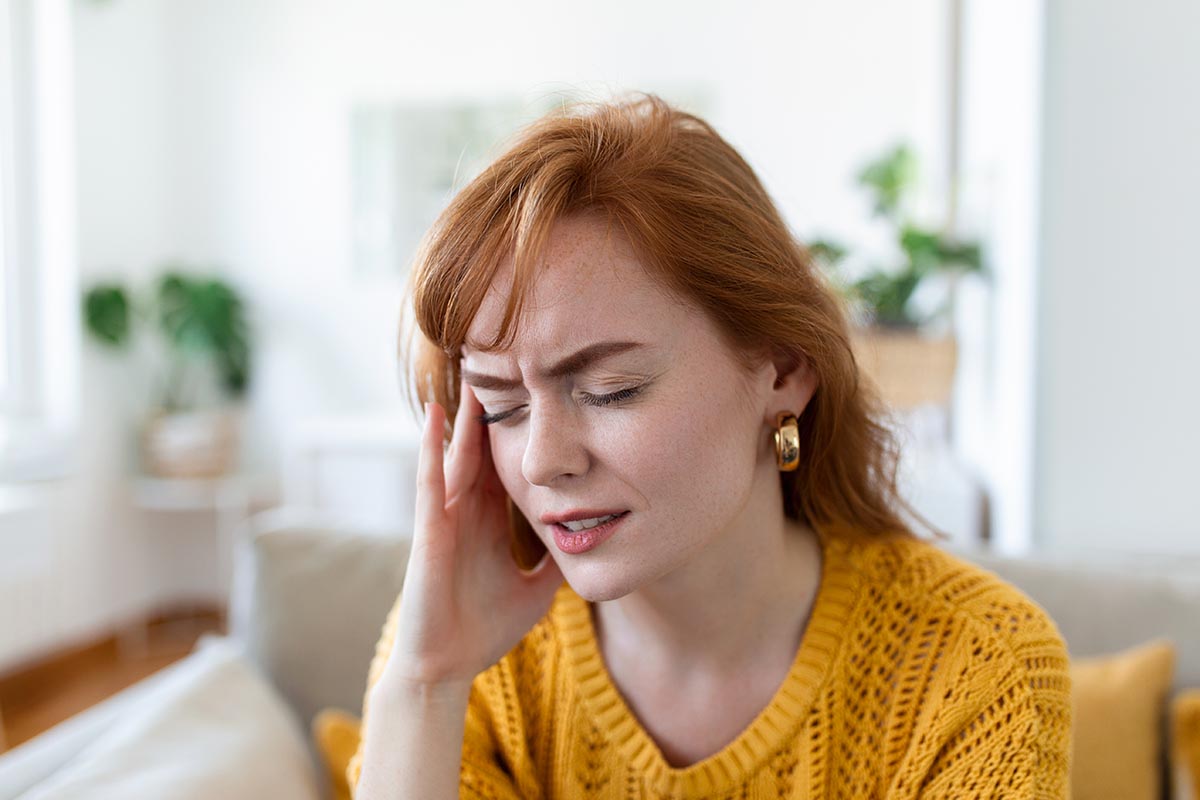4 Reasons Why Your Physical and Mental Health Is Declining
Caring for your health is probably the best thing you can do for yourself. However, it is crucial to understand that we mean both physical and mental health when we say health. Many people often consider one more essential than the other. When in reality, everyone must shed equal importance on both.
Good mental and physical health will not only keep you and your body healthier. But it will also considerably reduce the chances of diseases such as heart conditions and others. Mental and physical health is also vital for improved mood swings, less stress, clearer thinking, and increased self-esteem. The better you feel, the quicker you can develop a sense of calm or inner peace. You also experience better productivity and a considerable improvement in relationships.
However, declining mental and physical health could also signify a disease. Below, we will be discussing some factors that lead to declining psychological and physical wellbeing.
Why Mental Health is Declining: Chronic illness
The first and the most apparent reason for a declining health condition is the occurrence of a chronic illness. Illnesses and diseases are never good news. However, unlike many other diseases, chronic illnesses such as cancer, Alzheimer’s, arthritis are challenging to treat and cure.
Moreover, only a few specialists look after and treat patients with such illnesses. And not to forget, the expenses are exorbitant. Insurance doesn’t help much either. All of it affects an individual’s physical wellbeing, but their mental health declines tremendously with the constant tension and worry.
Besides, some chronic illnesses might go unnoticed for years since the symptoms take time to develop. For instance, let’s say you were exposed to asbestos at your workplace, then chances are you’ve developed mesothelioma. In such situations, it’s imperative to consider medical checkups and learn about your options of filing a lawsuit against the negligent employer.
Loneliness
Loneliness concerns every individual irrespective of our ages, backgrounds, social constructs, or anything else. Once loneliness hits, life can feel pretty devastating, miserable, and questionable.
Several studies and many experts claim that loneliness can significantly affect an individual’s mental and physical well-being. Everyone feels lonely in a different way. And even though it is a feeling most people can relate to, identifying and admitting it is always much harder.
However, the more positive news is that there are several actions you can take to feel better. For instance, you can try reaching out to someone feeling something similar. Talking about your feelings always makes one feel better and happier. You can also join a group; it will help you meet people, connect with others, and find hobbies. Lastly, do things you enjoy and don’t compare your feelings with anyone else. It will help you remain content and satisfied.
Why mental health is declining: Poor diet
Several people consider the concept of a poor diet a massive faux. However, that is not true. A poor diet can lead to several abnormalities in your overall health. Poor nutrition can be a result of being overweight or obese. It can lead to early tooth decay, high blood pressure, high cholesterol, osteoporosis, heart conditions, diabetes, and so much more.
An unhealthy diet can make you feel stressed, anxious, and even depressed. It can lead to nutrient deficiency and even trigger a few cancers.
Some power tips for a healthy diet include:
- Choose a diet rich in whole grains, fruits, and vegetables.
- Choose meals with healthy fats such as avocados, eggs, nuts, etc.
- Avoid trans-fat such as packaged food, commercially baked food, frozen pizza, and others.
- Try to eat good carbs but not excessively.
Not getting enough physical exercise can have several consequential effects on your health. Studies show that lack of physical activity accounts for 22% of coronary heart disease, 225 colon cancer, and 12% diabetes. Many experts also say that not getting enough physical exercise can cause dementia and depression. It can make you feel irritated, annoyed, and upset most of the time.
Therefore, daily exercise is highly essential to remain mentally and physically fit. You do not have to go over and beyond with your training. A good thirty-minute workout every day is enough. However, try to piece your activity together, keep it brisk, and exercise with a friend if you cannot do it yourself.
Always move your feet before eating, try a pedometer, and stay away from any distractions. Make sure to get adequate sleep and eat clean. Remember, the key is to remain focused and consistent. You might find working out difficult initially, but you’ll start enjoying it eventually.
Wrapping up
Everyone goes through lifestyle changes, but everyone deals with the consequences differently. Some confront them immediately, others strategize, while some entirely ignore and leave it for the right time. Some changes and situations affect some people more than others. The individual’s experiences, upbringing, family, routine, and many other factors constantly influence their mental and physical health.
Identifying and realizing the factors that influence your health will not only help you feel better. But you will also feel more robust, connected, and a whole lot healthier.





















